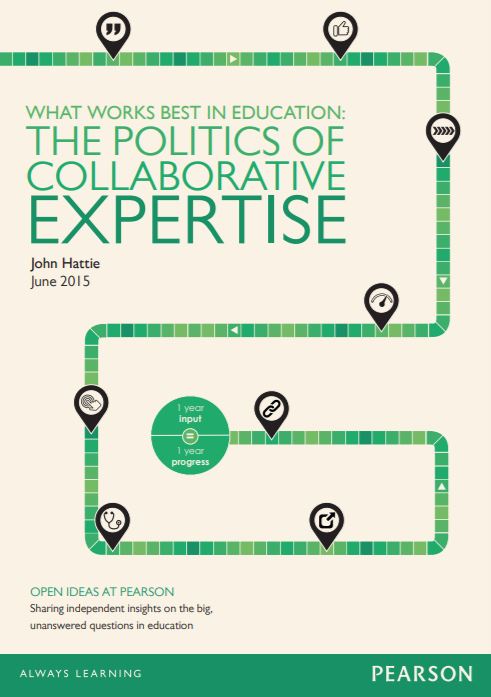
electronic resource
|
What works best in education : the politics of collaborative expertise
Copies
0 Total copies, 0 Copies are in,
0 Copies are out.
Digital Link
Authors
Language
English
Series







